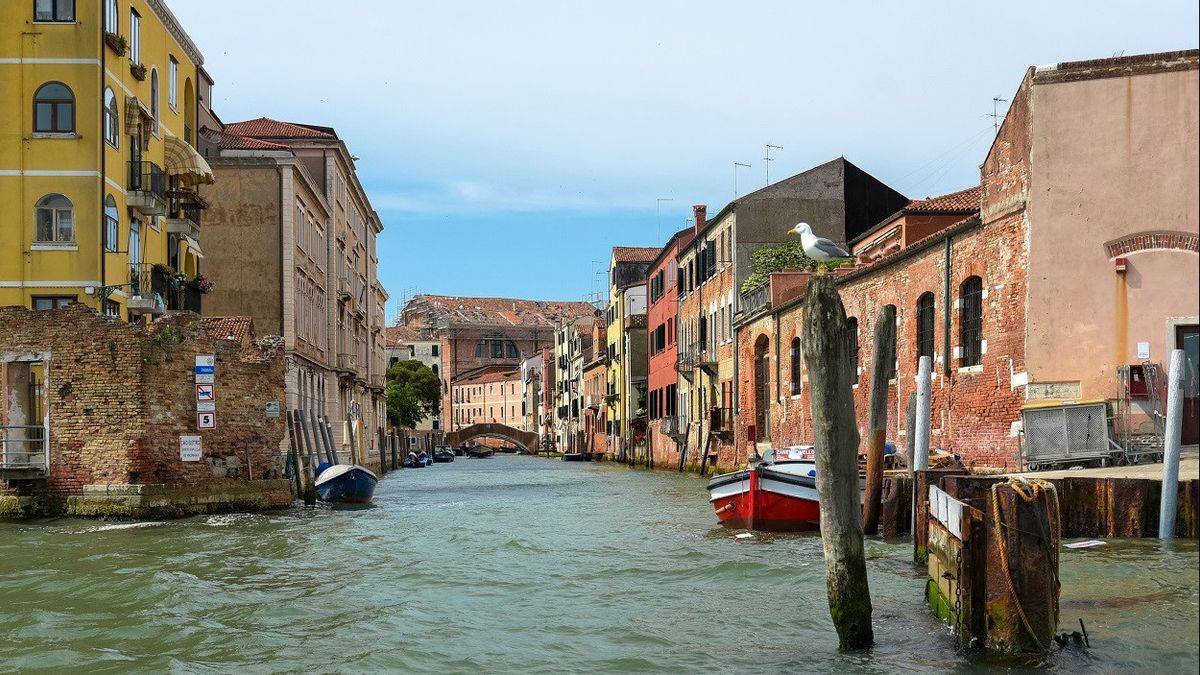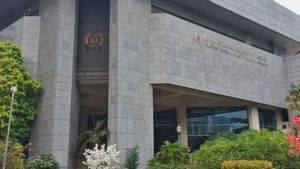JAKARTA - Being one of the natural attractions, the presence of seagulls in seaside recreation areas can also present problems, including for destination managers and restaurants.
Just look, for example, in Venice, Italy, an exotic city famous for its canals that can attract many tourists every year, also troubled by the presence of large birds, including seagulls.
The large birds, which flock around the popular tourist spots of St Mark's Square and the city's ornate balconies, have been dizzying hoteliers for years.
Enrico Mazzocoo, manager of the Monaco and Grand Canal hotels told The Times, "a seagull flew by snatching the whole steak, just as the waiter lifted the lid of the plate he was serving," as reported by Euronews March 25.

Not only meat, birds of prey are also known to snatch ice cream, croissants from tourists. In fact, not infrequently they also broke restaurant glasses and plates.
After years of trying to keep the birds at bay, the Venice Hotel Entrepreneurs Association (AVA) decided that a new strategy was needed.
From now on, if you find yourself sitting outside the Monaco and Grand or Gritti Hotel, you may be given a bright orange water gun.
Orange guns are favored because ornithologists told the association this bright color is particularly repulsive to seagulls and is more likely to deter them.
Paolo Lorenzini, director of the Hotel Gritti told ANSA news, "You don't even have to use it, you just have to keep it on the table."

While seagulls may be a nuisance to hoteliers and tourists looking to enjoy Venetian snacks, they are actually a protected species and cannot be handled in an inhumane way.
The association has employed falcons, fake owls and even considered acoustic and odor deterrents to combat the birds.
Several hotels had previously worked with eagles, but calling them on a daily basis proved too expensive to maintain.
Seagulls are also not the first bird to terrorize tourists in St Mark's Square. In 2008, the sale of pigeon feed was banned in the area due to flocks of birds in the area.
The area was previously the home of licensed bird seed sellers, which attract millions of tourists every year.
Meanwhile, although the number of pigeons decreased, the number of seagulls increased due to the easy access to food and shelter provided in urban locations.
The English, Chinese, Japanese, Arabic, and French versions are automatically generated by the AI. So there may still be inaccuracies in translating, please always see Indonesian as our main language. (system supported by DigitalSiber.id)









